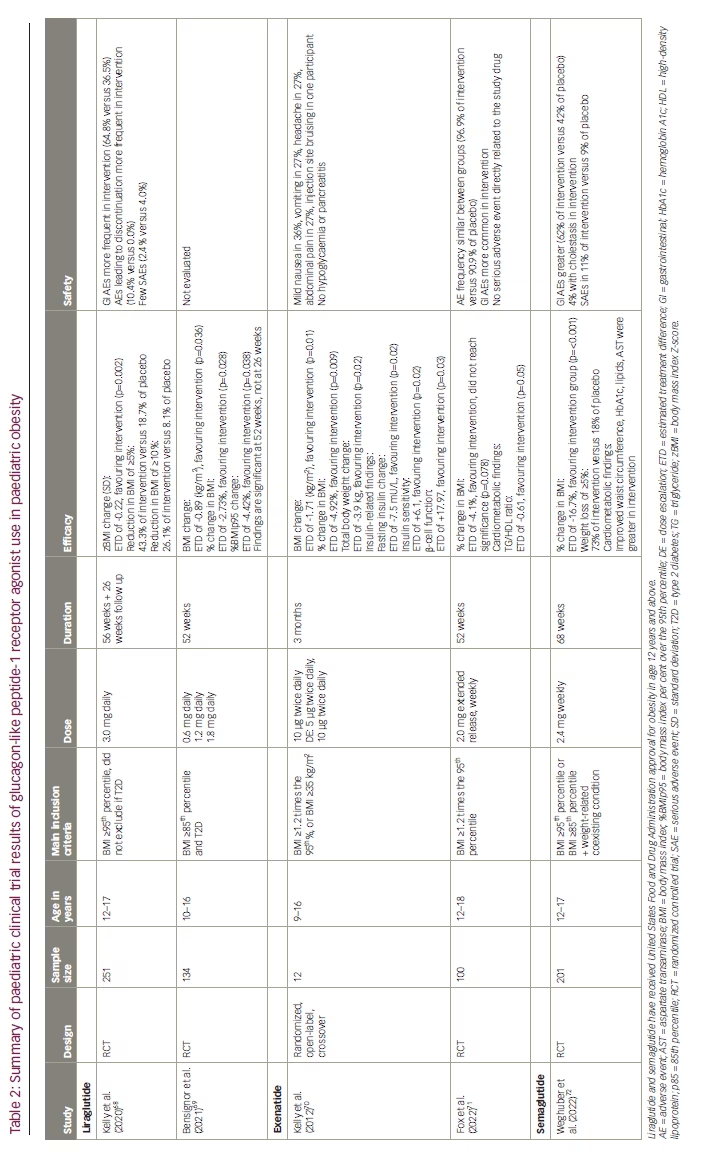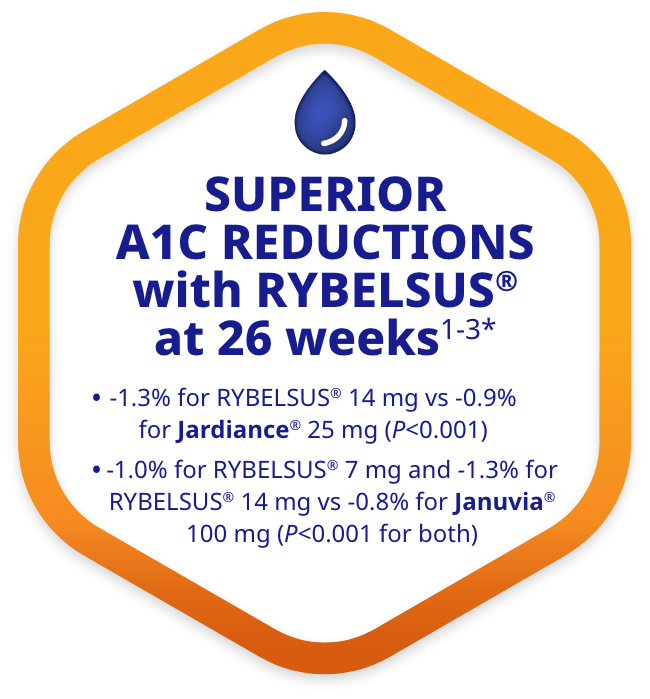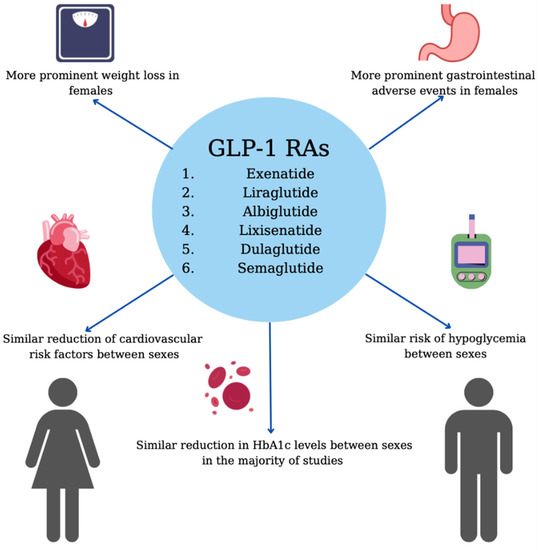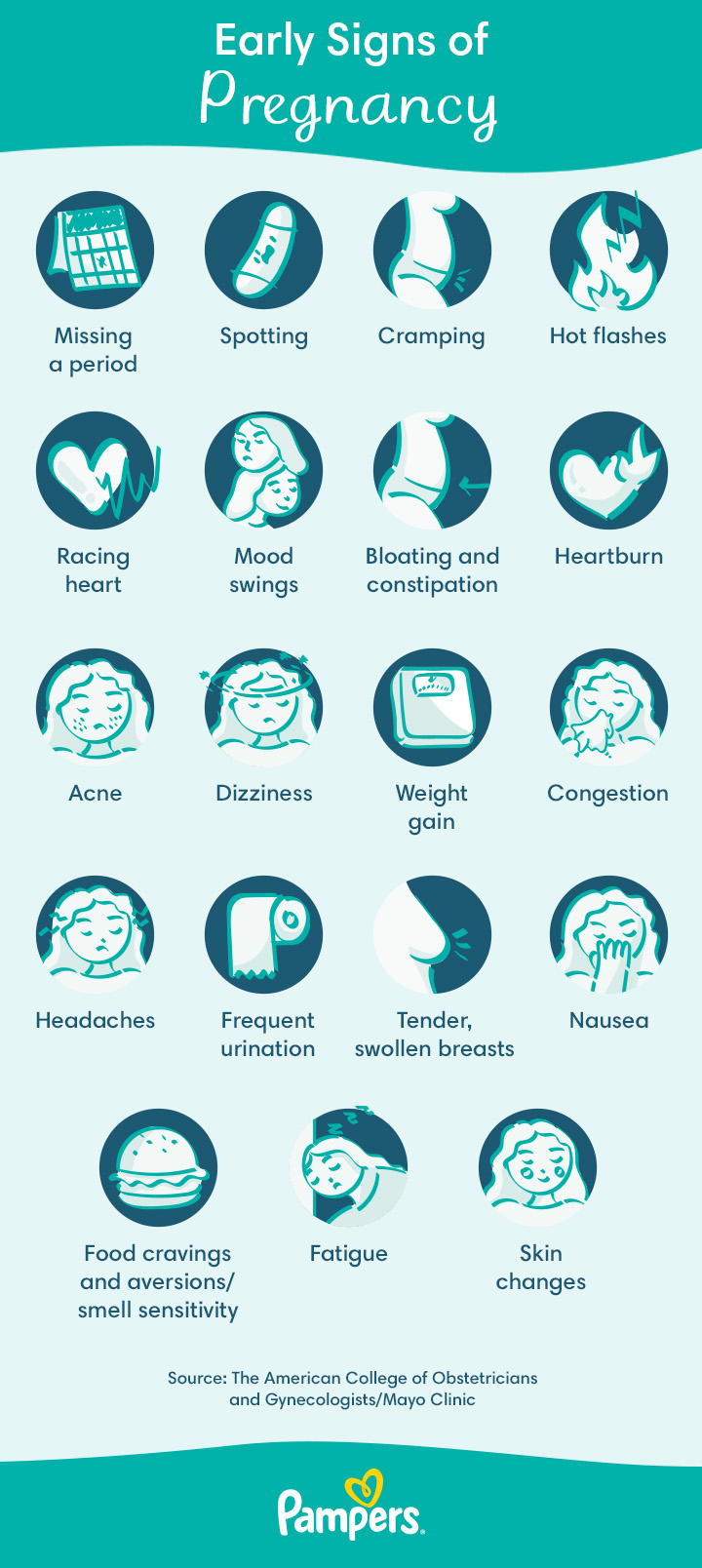How safe are GLP-1R agonists in early pregnancy?
4.7 (462) · $ 22.00 · In stock

JAMA Internal Medicine study examines the safety of GLP-1 receptor agonists and other second-line antidiabetic medications during early pregnancy, finding no significant increase in congenital anomalies compared to insulin use.

The GLP-1 receptor agonist shortage: What you need to know and do - Issues and Answers

Sulfonylurea News, Research

Glucagon-like Peptide-1 Receptor Agonists for the Treatment of Type 2 Diabetes in Youth – touchENDOCRINOLOGY

Are drugs like Ozempic safe in pregnancy?

Oral GLP-1 Receptor Agonist RYBELSUS® (semaglutide) tablets 7 mg or 14 mg

Study links repeated SSRIs during pregnancy to childhood language disorders

Effects of GLP1RAs on pregnancy rate and menstrual cyclicity in women with polycystic ovary syndrome: a meta-analysis and systematic review, BMC Endocrine Disorders

JPM, Free Full-Text

GLP-1 For Weight Loss: Is It Safe? - Nutrisense Journal

Comparing cardiovascular benefits between GLP-1 receptor agonists and SGLT2 inhibitors as an add-on to metformin among patients with type 2 diabetes: A retrospective cohort study - ScienceDirect






.jpg)
